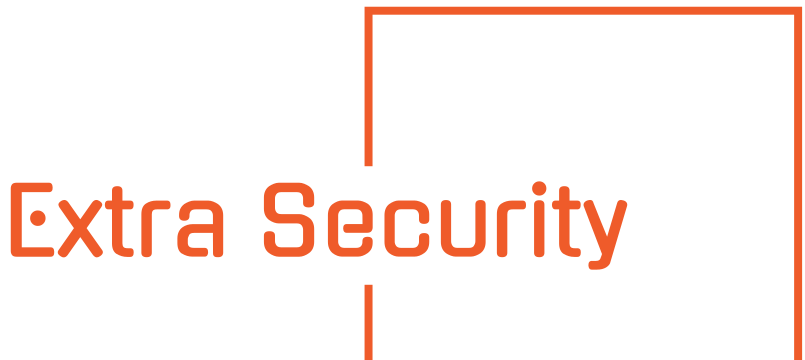The European Consumer Protection Centre says you can protect yourself from cyber attacks by doing these important things:
- Don’t share too much personal info. Be careful about the info websites ask for, especially on suspicious sites.
- Ignore and don’t reply to fake messages or emails trying to trick you into giving sensitive info like your contact details or passwords.
- Type in website addresses manually instead of clicking on links in suspicious emails. Check if your account info is there. If in doubt, call the sender using a known phone number to verify the email.

- When cyber attacks are tied to urgent financial aid requests on social media, often accompanied by a sympathetic or tragic story, a friend’s account may be compromised. In such situations:
- Do not respond to these messages or click on any links.
- Reach out to the friend through another contact method.
- Avoid sharing copies, images, or scanned files of identity documents online. If necessary:
- Block unnecessary or unrelated information like ID numbers or signatures.
- Add a watermark using image editing software to clarify the purpose of the copy, recipient, and date.
- Create strong and complex passwords for each online account or service. Consider using a password management program to handle multiple passwords. Activate two-factor authentication (2FA) if available.
- Regularly update operating systems, programs, and applications to patch security vulnerabilities that could be exploited in cyber attacks.
Users should be alert to any suspicious activity on their online accounts, indicating potential identity misuse. In such cases:
- Respond promptly.
- Report to the relevant authorities.
- Inform the bank to freeze associated accounts and credit cards.

